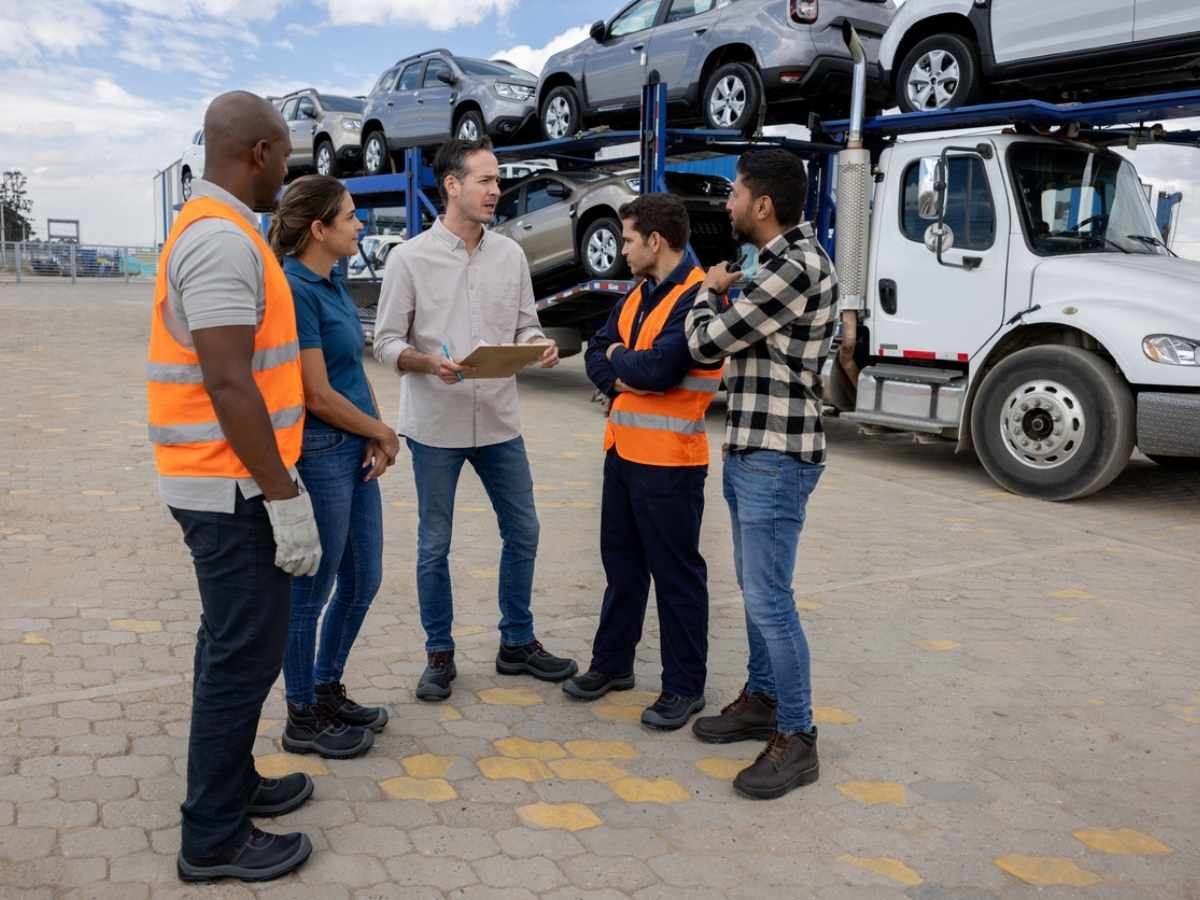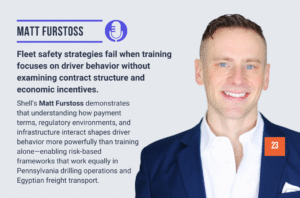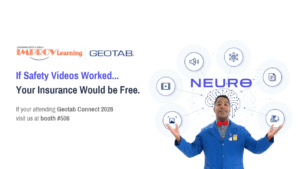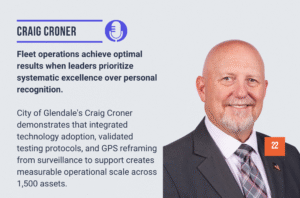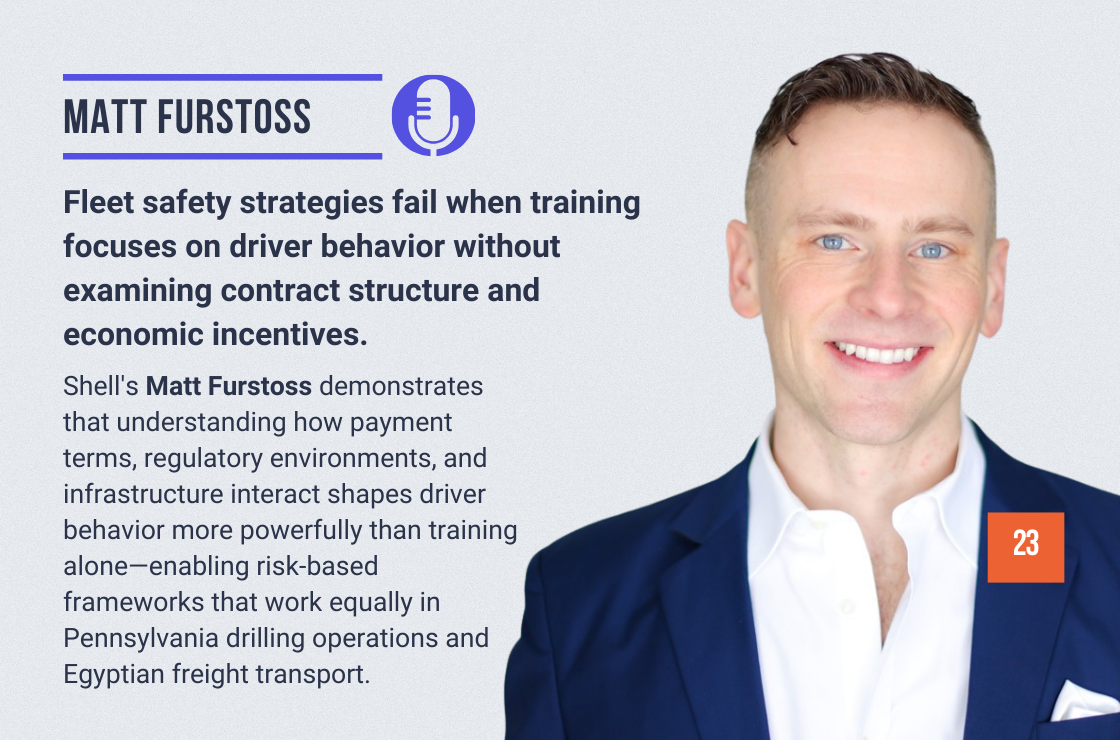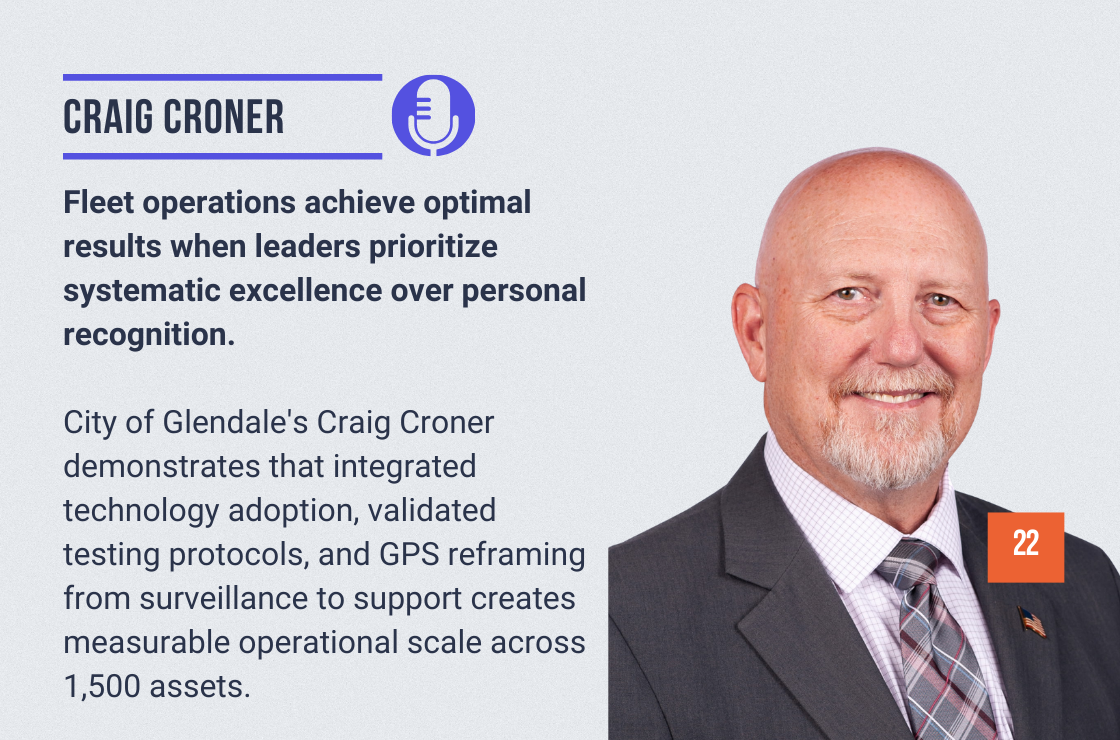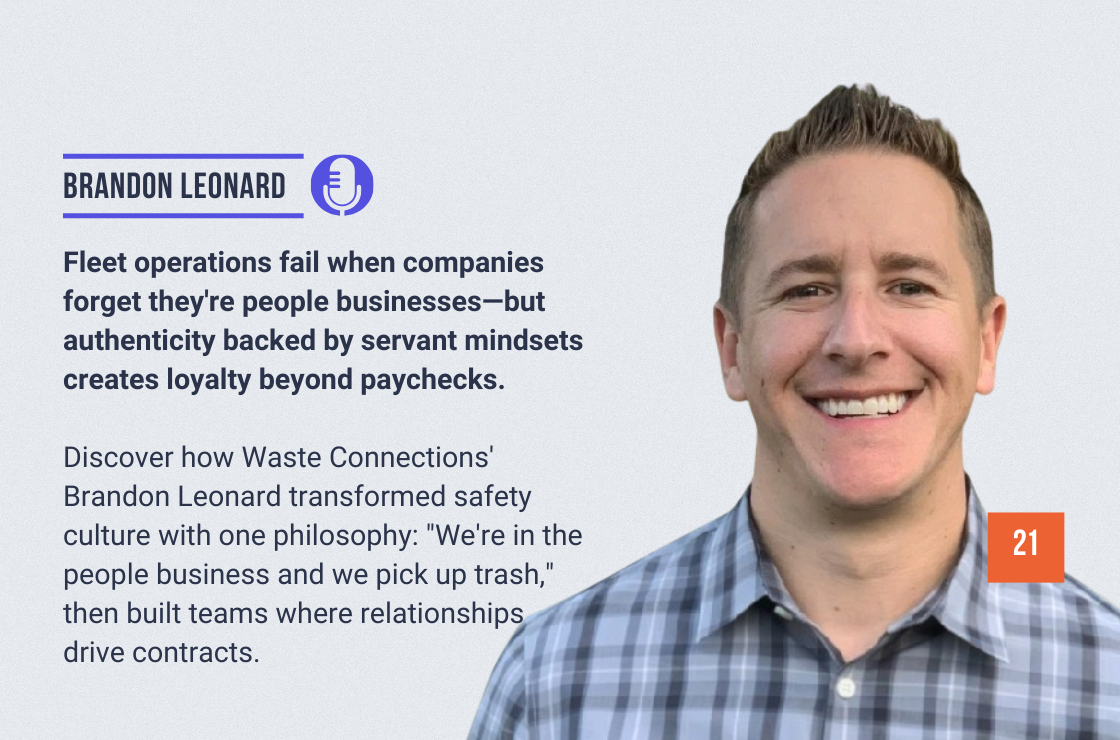Every collision involving a fleet vehicle tells a story. Some are unavoidable, but many are preventable accidents—crashes that could have been avoided if drivers had acted differently. These events are not just mistakes behind the wheel. They are reflections of organizational culture, training gaps, and leadership priorities.
The consequences stretch beyond repair bills. Preventable accidents raise insurance premiums, increase liability exposure, disrupt operations, and damage a company’s reputation. For fleet leaders, preventing these incidents is as much a business imperative as it is a moral one.
What Makes an Accident Preventable
The Federal Motor Carrier Safety Administration (FMCSA) defines preventable accidents as those that occur when drivers fail to take reasonable actions to avoid a crash, regardless of outside factors. The Large Truck Crash Causation Study found that 87 percent of large truck crashes are linked to driver behavior or decision-making.
Examples include rear-end collisions caused by distraction, rollovers from unsecured cargo, and pedestrian strikes in crosswalks. Each incident signals where intervention was possible but absent.
The Financial Weight of Crashes
The costs of preventable crashes are staggering. According to FMCSA’s Crash Cost Methodology, the average property-damage-only crash involving a large truck costs approximately $46,700. When injuries are involved, the average rises to $383,000 per crash. Fatal crashes carry far higher costs, often measured in millions.
Beyond direct losses, the Occupational Safety and Health Administration (OSHA) highlights that indirect costs such as lost productivity, administrative burden, and turnover can multiply direct crash costs by two to four times. What looks like a minor incident on paper can quietly escalate into a six-figure impact.
Liability: A Growing Threat
Regulators and courts increasingly hold employers accountable for preventable accidents. The FMCSA’s Large Truck and Bus Crash Facts show thousands of crashes annually involving commercial vehicles, many of which result in litigation.
Liability is amplified when fleets:
- Retain drivers with unsafe records.
- Fail to provide adequate training or refresher programs.
- Neglect preventive maintenance schedules.
- Do not enforce safety policies consistently.
In such cases, juries are more likely to deliver “nuclear verdicts,” with awards exceeding $10 million.
Culture Determines Safety
Policies only matter when reinforced by culture. A preventable accident that goes unaddressed signals to drivers that safety is optional. Conversely, organizations that investigate every incident and act on lessons learned foster accountability and trust.
At IMPROV Learning, we have seen how integrating behavioral science into training reshapes culture. Our SPIDER Method™ emphasizes defensive thinking, situational awareness, and cognitive decision-making, helping fleets reduce risks in ways that go beyond compliance.
A Leader’s Tool: The Fleet Safety Checklist
A practical framework helps leaders turn principles into action. The following Fleet Safety Checklist, based on industry standards and reinforced by IMPROV Learning’s approach, provides a starting point:
Fleet Safety Checklist
- Hire and retain drivers with proven safe records.
- Provide structured onboarding and ongoing defensive driving training.
- Use telematics to identify and coach risky behaviors.
- Maintain strict preventive inspection and maintenance schedules.
- Conduct root-cause analysis after every crash, not just serious ones.
- Recognize and reward drivers who demonstrate safe practices.
Embedding these steps sends a clear signal: safety is a shared value, not just a compliance requirement.
Integrating People, Processes, and Technology
A sustainable safety strategy relies on alignment across three pillars:
- People: Drivers equipped and supported to make safe choices.
- Processes: Policies consistently enforced with accountability.
- Technology: Tools like telematics and analytics to identify risks in real time.
This integration reflects IMPROV Learning’s fleet training solutions, which combine behavioral science with data insights to help organizations reduce preventable accidents at scale.
Final Thoughts
Preventable accidents are predictable and therefore controllable. The challenge for leaders is not only to reduce costs but to cultivate a safety-first culture that protects lives and strengthens operations.
At IMPROV Learning, we believe every incident report is more than paperwork. It is a warning and an opportunity to improve. The question is whether organizations will respond with prevention or continue paying the rising costs of inaction.
Sources
